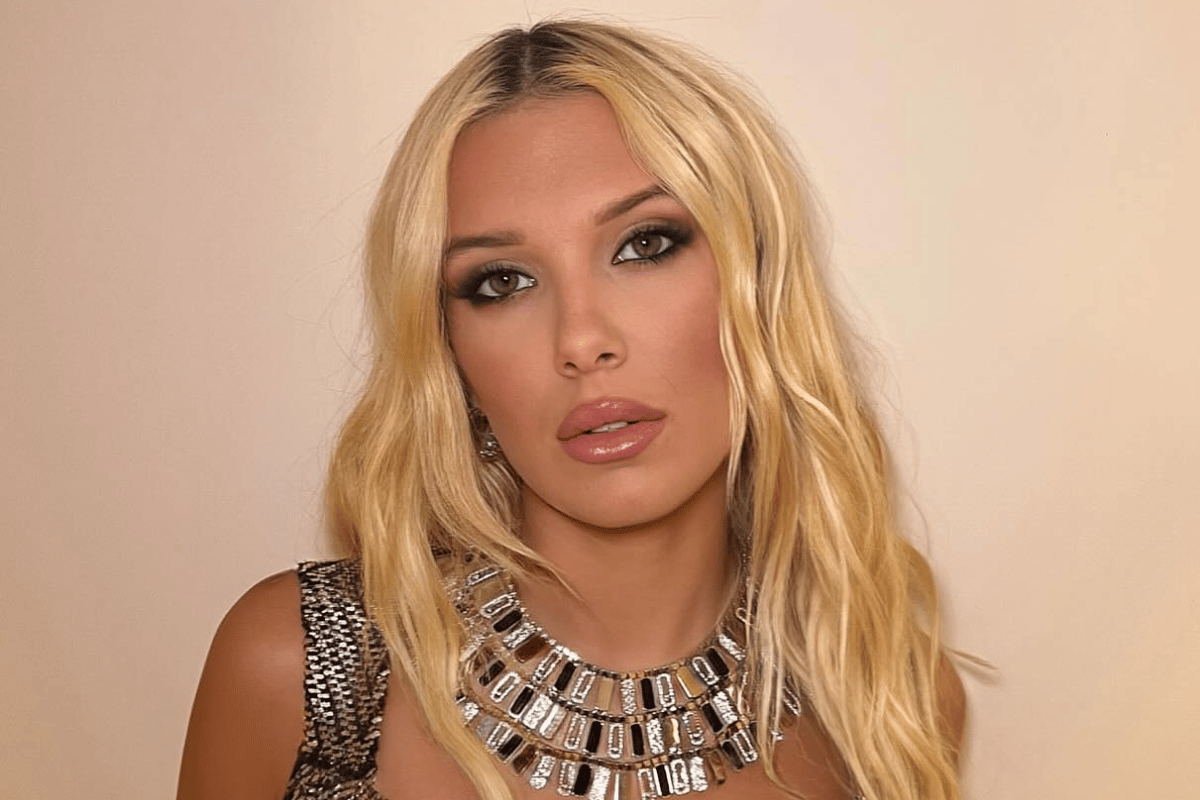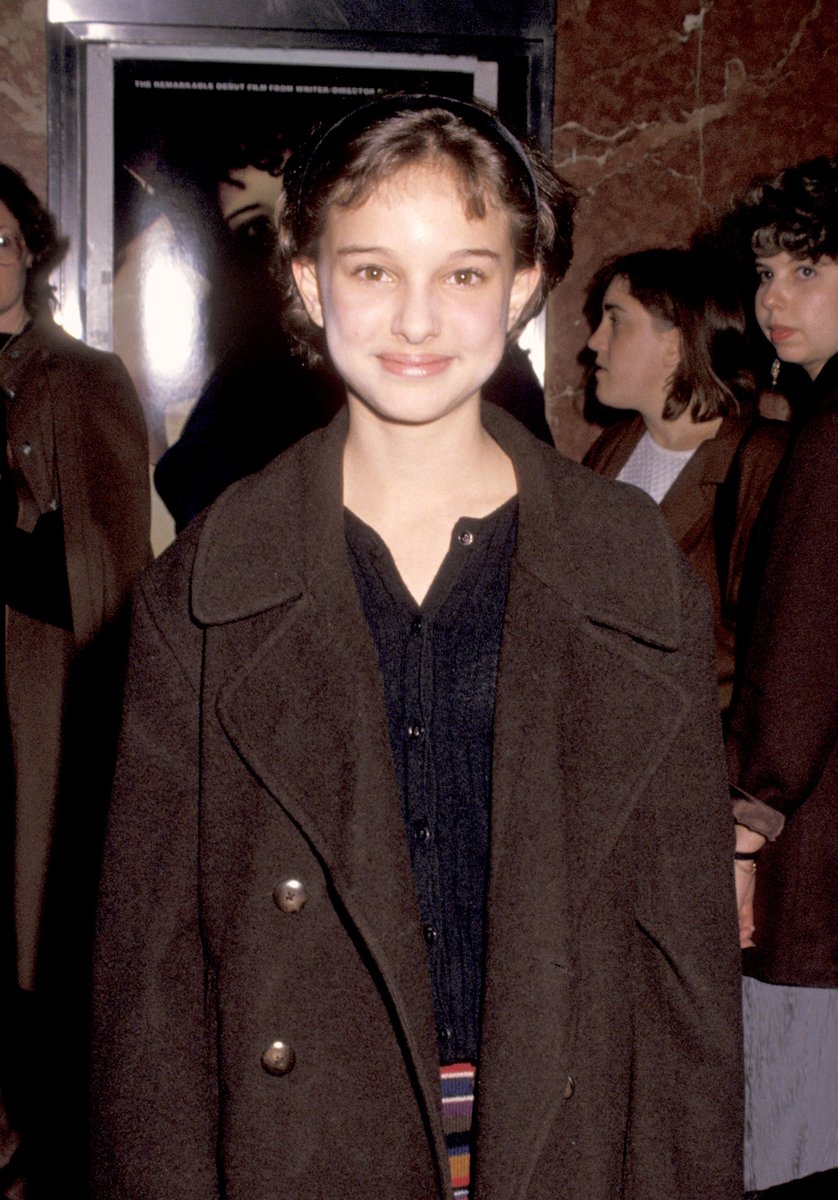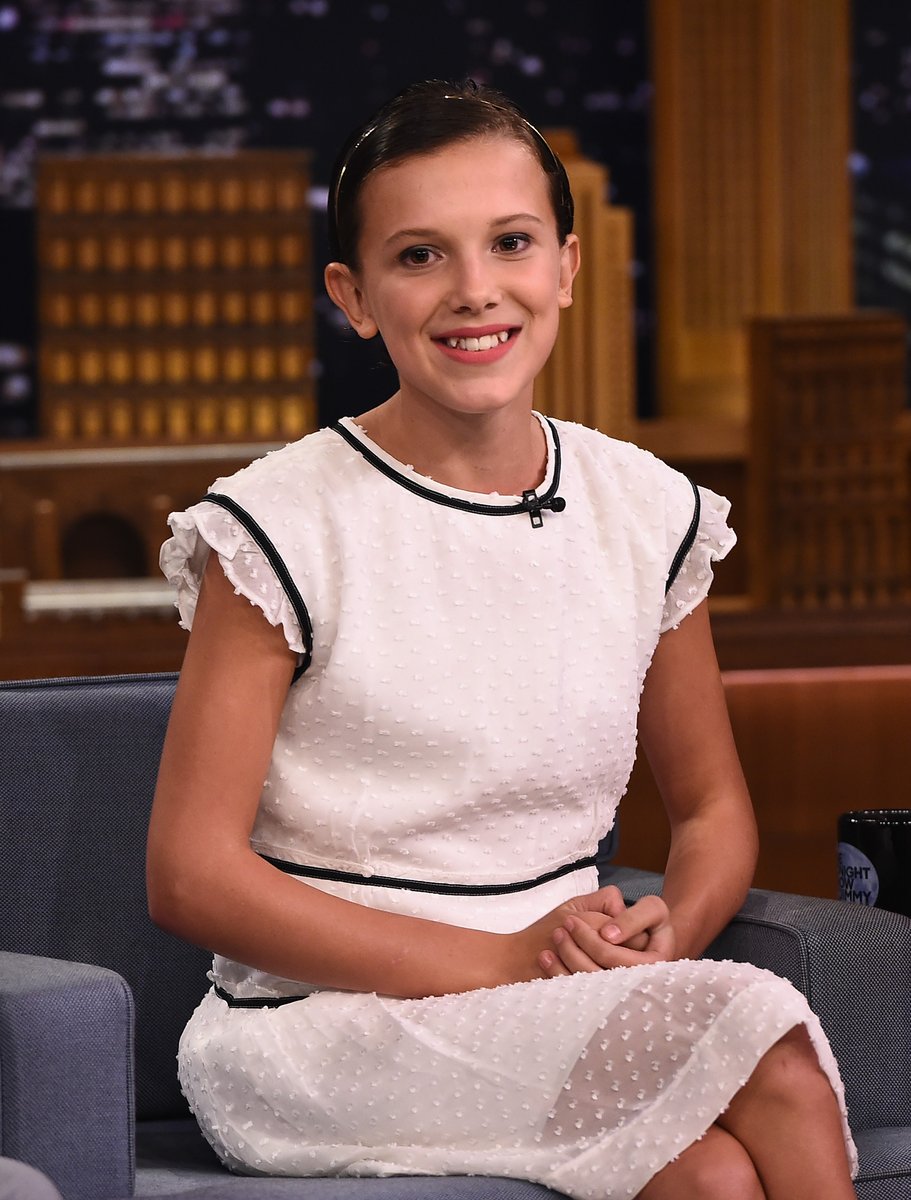
"I want to take a moment to address something that I think is bigger than just me. Something that affects every young woman who grows up under public scrutiny…"
Catapulted to fame when she was 10 years old, Millie Bobby Brown has spent half her life in the public eye.
"I grew up in front of the world and, for some reason, people can't seem to grow up with me," she said yesterday in a statement to the media.
"Instead, they act like I'm supposed to stay frozen in time, like I should still look the way I did on 'Stranger Things' season one, and because I don't, I'm now a target."
The 21-year-old then directly addressed the headlines that have been circulating about her appearance, including: "Why are Gen Zers like Millie Bobby Brown ageing so badly?"; "What has Millie Bobby Brown done to her face?"; and "Millie Bobby Brown mistaken for someone's mum."
"The fact that adult writers are spending their time dissecting my face, my body, my choices, is disturbing," she said.
Watch: Millie Bobby Brown addresses criticism about her appearance. Post continues after video.
































































































